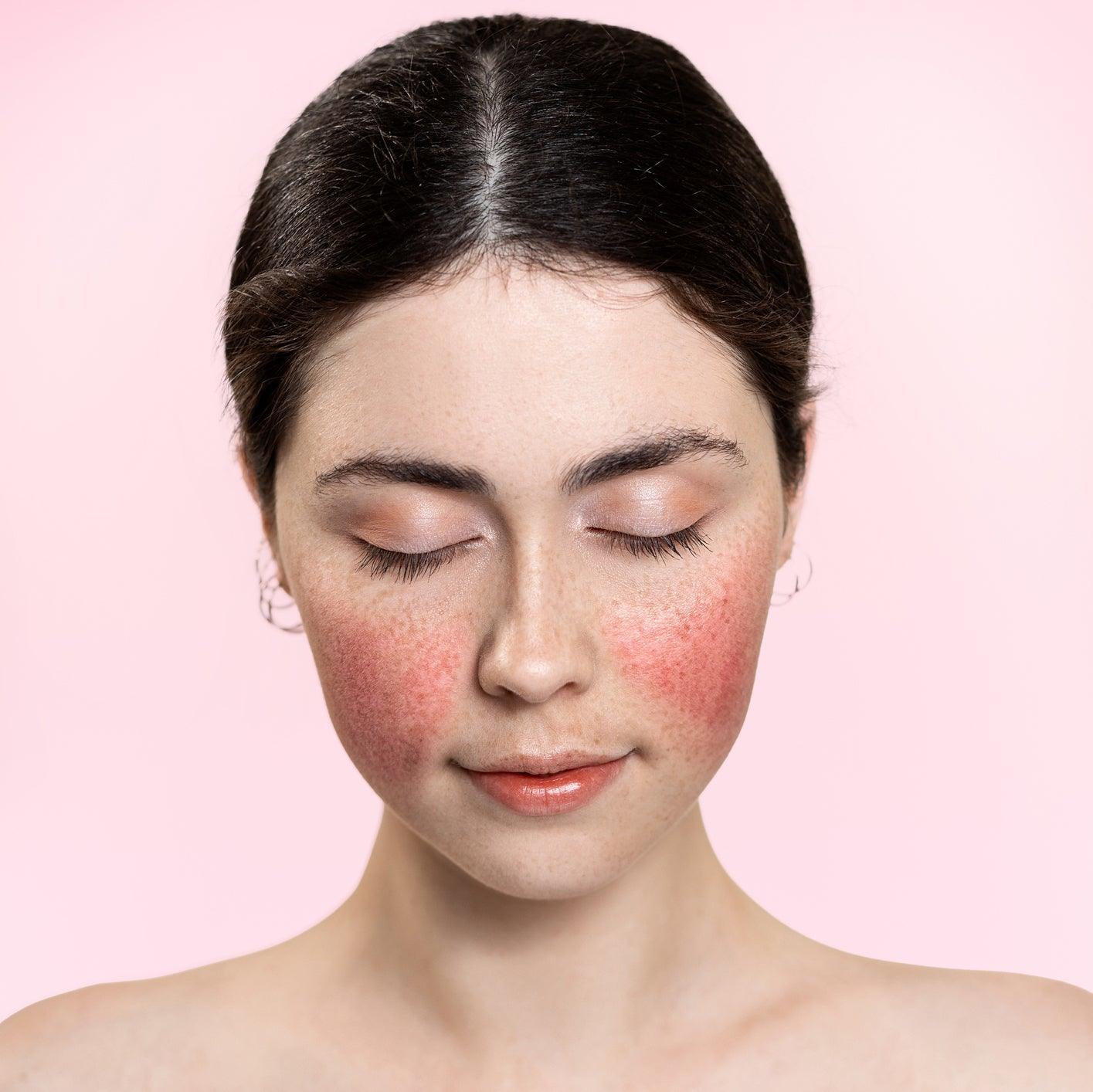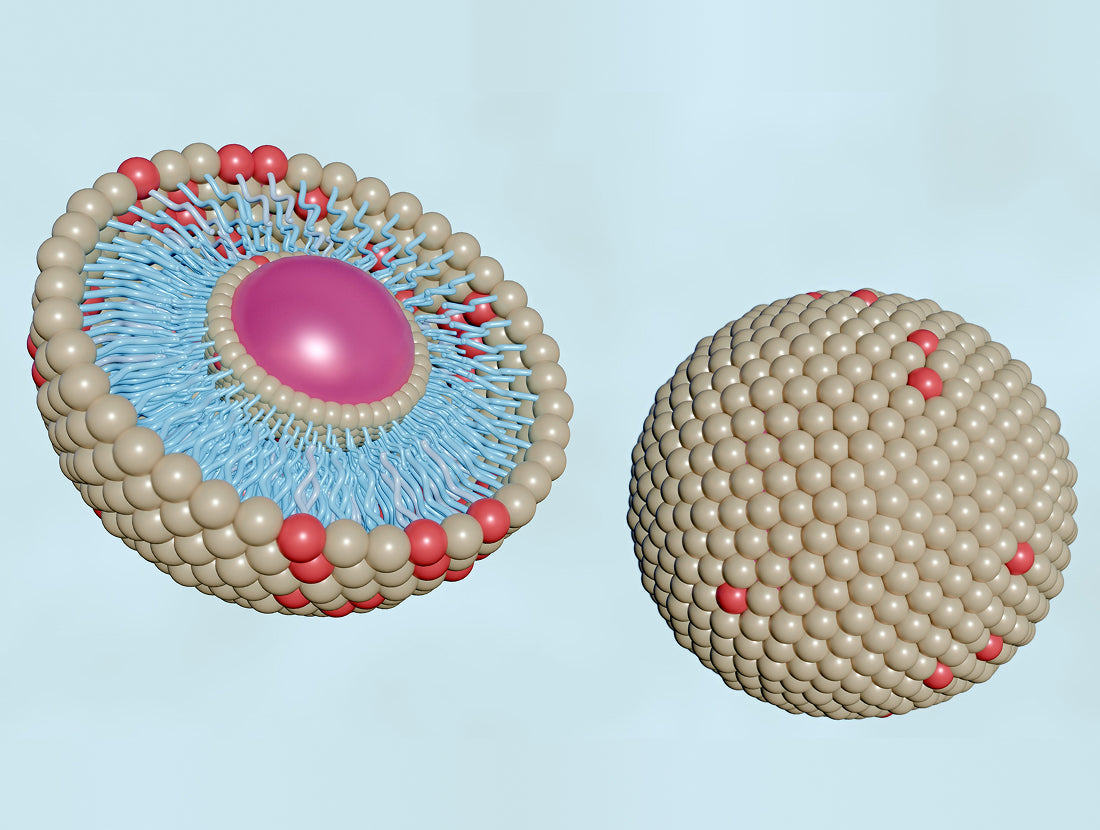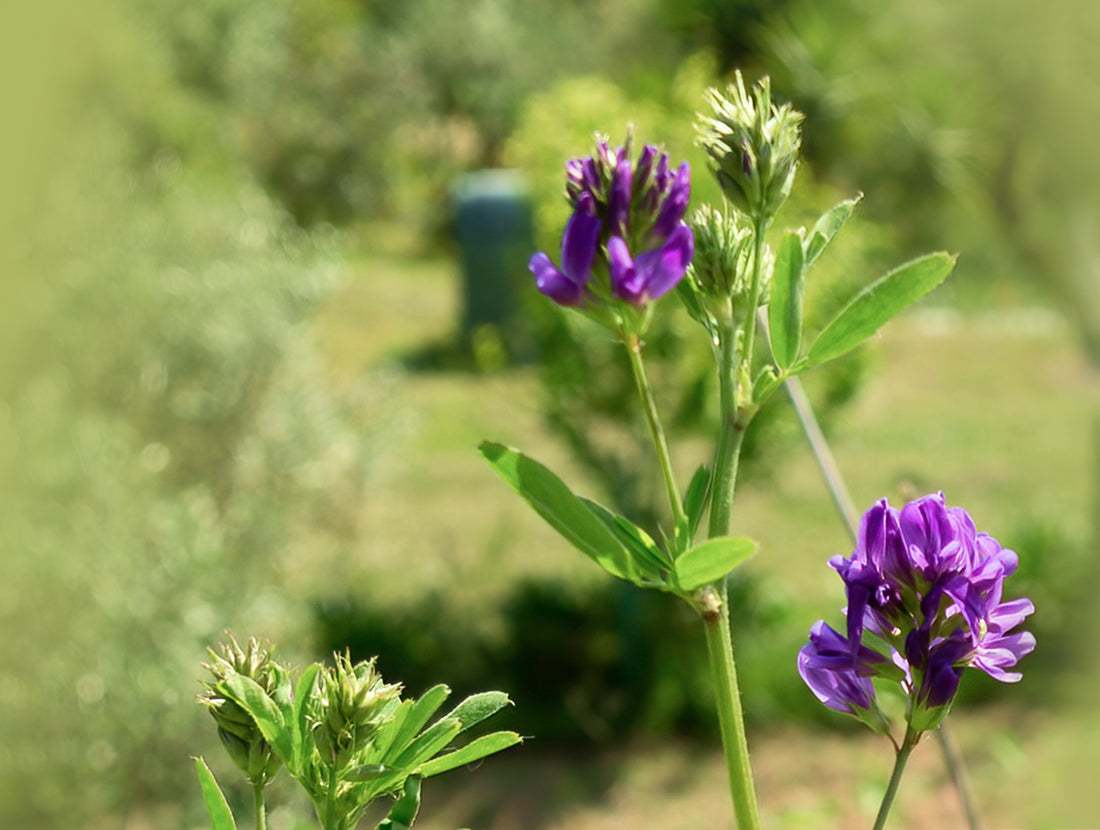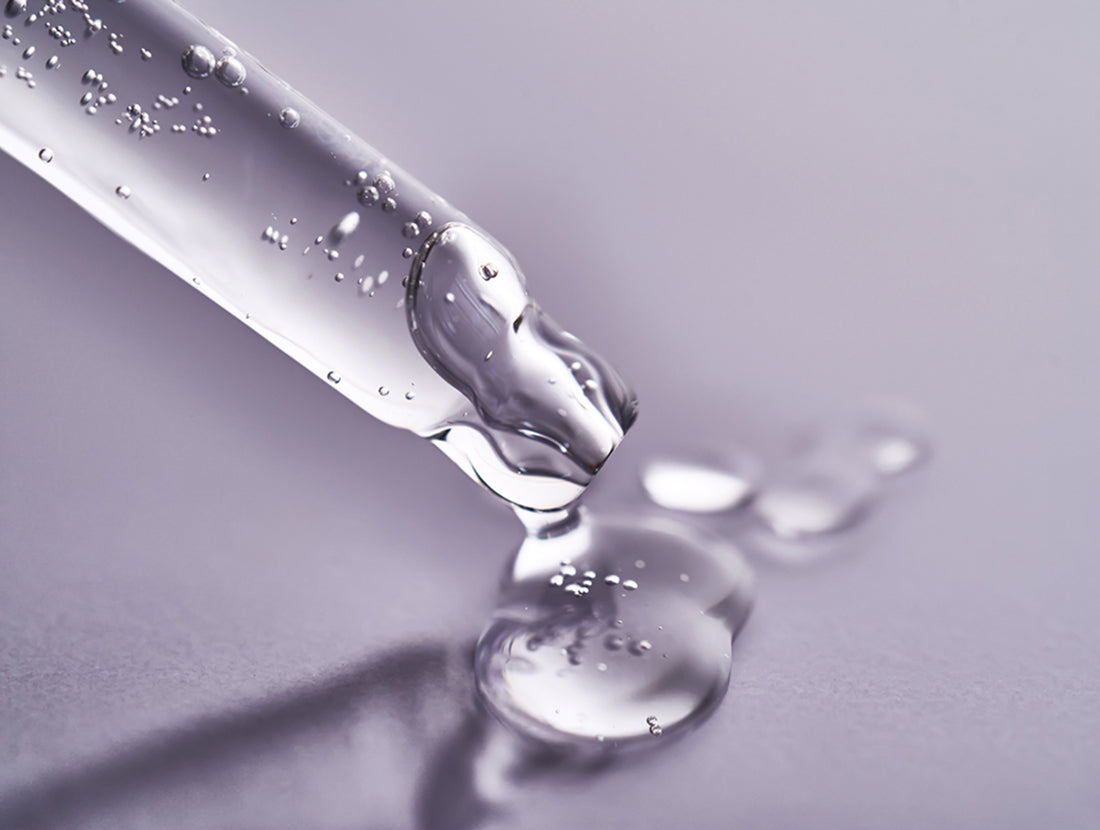If you've ever dealt with Rosacea, you know how frustrating this skin condition can be. It may come and go or be a chronic issue, but either way, it is a common skincare concern many people want to relieve. Since April is Rosacea Awareness Month, we thought it would be a good time for a deep dive on its causes and treatments.
What is Rosacea, and what causes it?
Rosacea most commonly presents as a persistent redness or blushing on the face, and neck, and may worsen to include the nose and eyes. Some people experience additional symptoms like eye irritation, swollen bumps, a thickening of the skin on the nose, and visible blood vessels. This condition may or may not be painful and can affect anyone, but most commonly appears in Caucasian women over the age of 30.
The cause of Rosacea is still unknown, but it appears most likely to be caused by an overactive immune response and/or issues with the digestive tract. Hereditary and environmental factors appear to also contribute, with individual triggers that initiate flare ups.
People commonly report rosacea flare ups with behaviors like eating spicy food, drinking red wine, temperature fluctuations, emotions, or changes in physical activity. Other things like sun exposure, not washing your face often enough, or using irritating skin care products can also create irritation that leads to a flare-up.
[Read more about Rosacea symptoms and causes from the Mayo Clinic.]

How can I treat my Rosacea?
If you are dealing with Rosacea, here are some steps you can take to help alleviate or improve your skin's condition and see some of that redness fade.
1. Visit a Dermatologist - If you haven't already talked to a doctor about your skin, that should be your first step. They can help eliminate other possible causes of your symptoms and suggest treatments based on your full medical history as part of a diagnosis.
2. Keep track of your triggers - Dietary triggers are one of the most common causes of rosacea flare-ups so keeping a journal about what you eat and how your skin reacts is a great place to start. Tracking weather, stress, and exercise activity might also help you narrow down the causes behind your flare-ups. It's a lot of work, but information is invaluable in making lifestyle changes that can help address flare ups and prevent future ones.
3. Wear sunscreen everyday - Everybody already knows we should be wearing SPF daily, but it's pretty easy to let the habit slide. Protecting your skin from harmful UVA and UVB rays is also a great way to reduce irritation and prevent rosacea flare ups (plus keep your skin looking younger longer, and prevent skin cancer).
4. Adjust your face-washing routine - dermatologists report infrequent face washing as a common contributor to rosacea, and suggest washing twice a day with a gentle cleanser. Less frequent washing allows dirt and environmental pollutants to accumulate on the skin, causing irritation.
Another common mistake when it comes to face washing with rosacea is using water that's too hot. You should always wash with tepid water, and be gentle with your skin while cleansing. It is also possible that you may be over-washing or using a cleanser that is too harsh for your sensitive skin.
As always, be sure to follow up washing your face with a moisturizer. A sensitive moisturizer and/or barrier repair cream will help your skin stay hydrated, reduce irritation, and help it heal.
5. Inspect your skin care products - Beyond getting a gentle cleanser & moisturizer, if you have rosacea, it's important to look at your skincare products to make sure they don't include anything that will irritate your skin.
Definitely choose products that are free from fragrances, alcohol, sulfates, glycoloc acid, lactic acid, camphor, and menthol. You may also need to avoid exfoliating during a flare-up, depending on how sensitive your skin is, so keep an eye out for cleansers that contain alphahydroxy acids (AHA) or other exfoliants as they may exacerbate your condition.
You can find more tips about caring for Rosacea prone skin in this article from the American Academy of Dermatology.
What are the best Rosacea friendly skincare products?
We've collected all of our rosacea-safe products in one place to make shopping easier. Plus, here we'll highlight a few of our favorite products for addressing rosacea.

- NeoGenesis Booster Serum - NeoGenesis believes in creating skincare products that are safe to use even on the most damaged and traumatized skin, and they proudly developed products that are Oncology safe. It is no surprise that their products also work great on post-procedure or otherwise sensitive skin, and they have a complete Rosacea protocol too. Their Booster serum is the #1 product they recommend for rosacea, and we agree that it's a wonderful choice. With their their patented stem cell technology, plus peptides and antioxidants, this serum hydrates and soothes skin, and boosts collagen production to give a renewed appearance. We also highly recommend the Barrier Renewal Cream and Moisturizing Mist from their rosacea regimen.
- Sente Dermal Repair Cream - Sente's Dermal Repair Cream was their first hit product and helped to put them on the map. This is a powerful moisturizer that hydrates and protects the skin barrier, helps to repair damage, and reduce redness, all while diminishing signs of aging in a lightweight formula. Give it a try and your skin will thank you.
- iS Clinical Pro-Heal Serum - iS Clinical created the Pro-Heal Serum to help heal skin damaged by conditions like rosacea and contact dermatitis. Pro-Heal Serum is full of vitamins and antioxidants to soothe irritation and protect while healing. It's been clinically shown to reduce redness and signs of aging within 2 weeks.
- Revision Skincare Gentle Cleansing Lotion - If you're in the market for a new gentle cleanser to soothe your rosacea, Revision has a fantastic option for you here. In a mild cream formulation with botanicals and extracts, this cleanser hydrates as it removes makeup and pollutants without disrupting the skin barrier.
- Elta MD UV Pure Broad Spectrum SPF 47 Sunscreen - Take this as a last reminder that sunscreen is a MUST for everyone, especially people dealing with rosacea. There aren't many brands that come to mind faster than EltaMD when it comes to quality sunscreen, and UV Pure is just what its name suggests: a great clean sunscreen that is free from anything that would irritate your skin. It's a chemical free formula you can use on your face & body, boosted with anti-aging ingredients like antioxidants.
- Alastin Skincare HydraTint Pro Mineral Broad Spectrum Sunscreen SPF 36 - If you want a tinted sunscreen for your face, Alastin's HydraTint is a popular choice with dermatologists (and Harben House shoppers). The formula is all-physical, lightweight, and includes antioxidants to fight damage from the sun and pollution. Plus, depending on how well the tint blends with your skin tone, you may decide to skip foundation some days.





